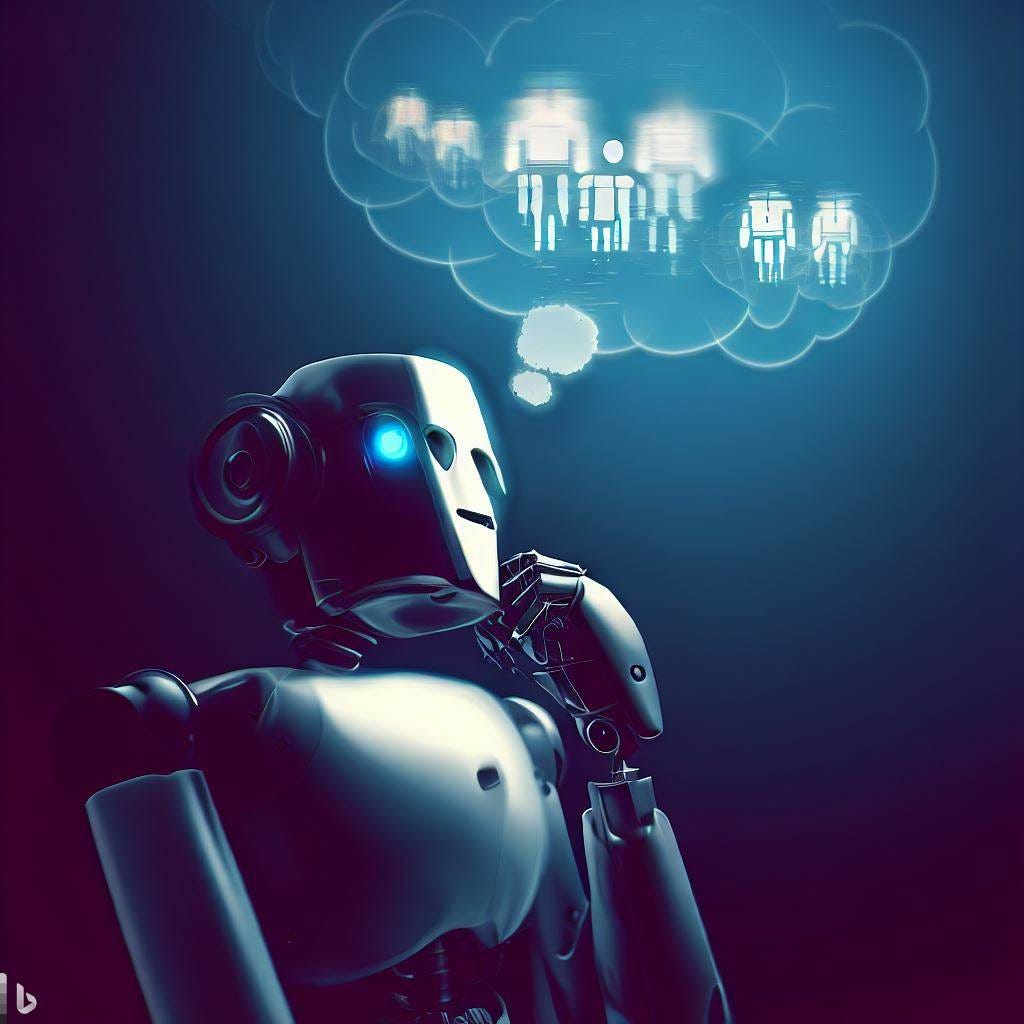Unlocking the Unconscious: Can AI Decipher Your Dreams?
Can AI decipher our dreams? Let's explore this fascinating intersection of neuroscience, psychology, and artificial intelligence.
Artificial Intelligence has been disrupting industries and reshaping our lives for several years. Its capabilities have ventured into the seemingly impenetrable realm of human consciousness, including dreams. Dreams' complex and personal nature have intrigued scientists, psychologists, and philosophers for centuries. But can AI decipher our dreams? Let's explore this fascinating intersection of neuroscience, psychology, and artificial intelligence.
The Science of Dreaming
Dreams are a natural part of our sleep cycle, particularly during the REM (Rapid Eye Movement) stage. They reflect our unconscious minds intertwined with our memories, emotions, and experiences. Some theories suggest dreams assist in problem-solving, emotional processing, or memory consolidation. However, dreams are highly personal and subjective, making their analysis challenging.
AI and Dream Analysis
Enter AI. Machine learning, a subset of AI, has shown promise in recognizing patterns and making predictions from complex and large data sets. Could we train AI to analyze and interpret our dreams?
Several research efforts are underway. One noteworthy project is by a group of researchers at Kyoto University. They've developed an AI model trained on fMRI brain scans, attempting to predict the images that appear in dreams with promising accuracy.
Other AI models are used to analyze dream reports and people's descriptions of their dreams. By assessing the recurring themes, patterns, and emotional content, these AI models aim to provide some level of interpretation.
The Potential and Pitfalls
The potential of AI-assisted dream analysis is intriguing. It could provide a more objective and comprehensive understanding of our dreams, possibly benefiting therapeutic practices and mental health research.
However, it's essential to consider the pitfalls. Given the subjective nature of dreams and their intimate connection to our personal experiences and emotions, the interpretation by AI may lack the human touch and nuanced understanding. Data privacy issues and ethical considerations about delving into a person's unconscious mind can't be ignored.
Looking Forward: AI and the Dreamscape
While we're still in the early stages of this exciting journey, the prospect of AI deciphering dreams opens a new frontier in our understanding of the human mind. It's not just about interpreting symbols or predicting images; it's about unearthing the complex interplay of our emotions, experiences, and memories that manifest in our dreams.
However, it's essential to approach this realm cautiously, understanding that dreams are an intimate part of human identity. Balancing technological advancement with ethical considerations will be paramount. As we continue to advance AI's capabilities, we must ensure that our dreams, one of the last bastions of human mystery, are explored with respect, curiosity, and integrity.


